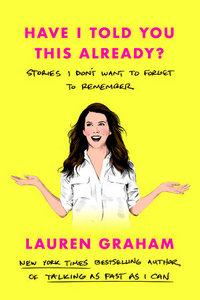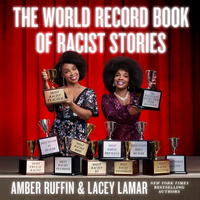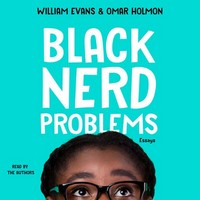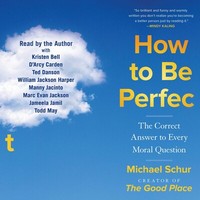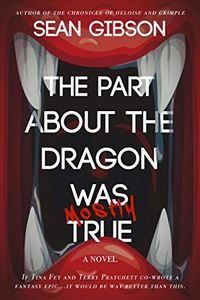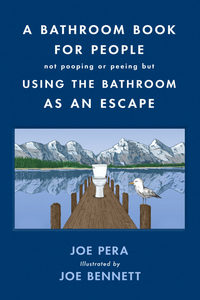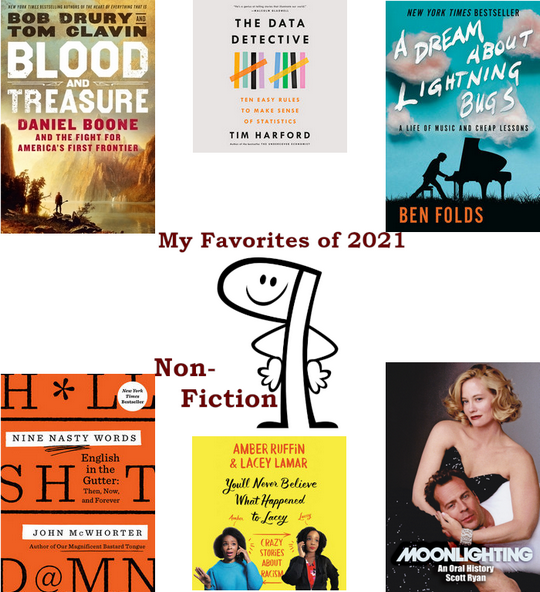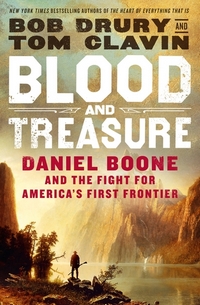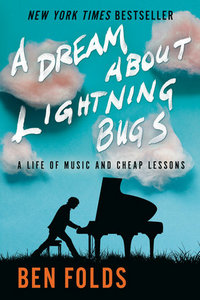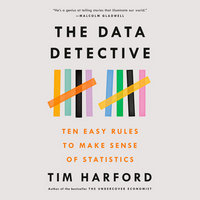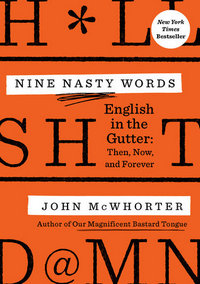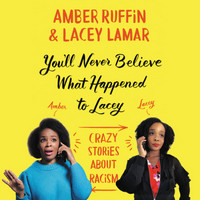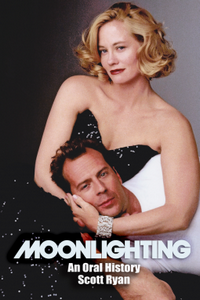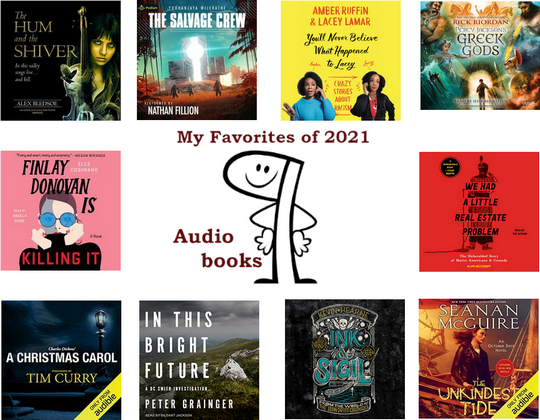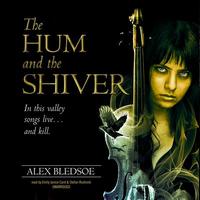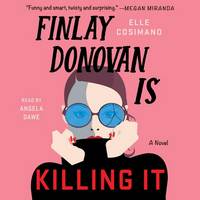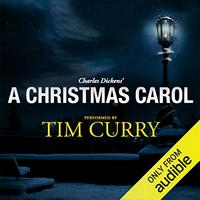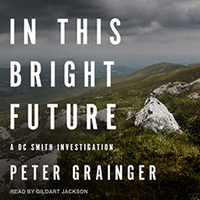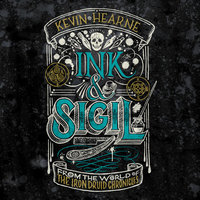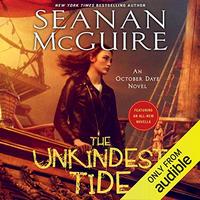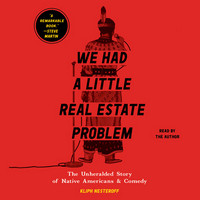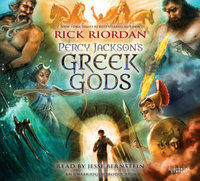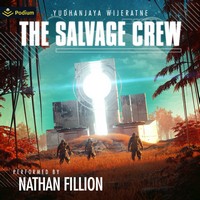I just don’t have a lot to say about these books, so let’s take care of them briefly. The point of these quick takes posts is to catch up on my “To Write About” stack—emphasizing pithiness, not thoroughness.
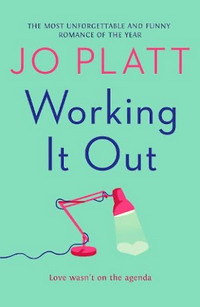 Working It Out
Working It Out
by Jo Platt
DETAILS: Publisher: Canelo Publication Date: February 3, 2022 Format: eBook Length: 384 pg. Read Date: October 1-3, 2022
(the official blurb)
Platt’s voice is great. All the characters were great (well, maybe all but one of them were). But the story just fell flat for me over and over again. The resolution just made me mad. The behavior of the protagonist was supposed to be cute and endearing–but it only served to annoy me. If you take this cast of characters, mature the protagonist a degree, and put them in the service of a better novel, I’d have loved it. But…bah. It was an okay way to burn some time in a hospital waiting room (which is where I was), but that’s about it.

![]()
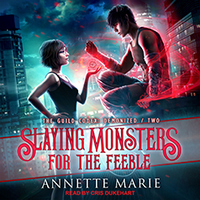 Slaying Monsters for the Feeble
Slaying Monsters for the Feeble
by Annette Marie, Cris Dukehart (Narrator)
DETAILS:
Series: Guild Codex: Demonized, #2
Publisher: Tantor Audio
Publication Date: Feb 4, 2020
Format: Unabridged Audiobook
Length: 8 hrs., 27 min.
Read Date: October 6-11, 2022

(the official blurb)
I wasn’t sure how this series was going to really go after that first book, but I’m really pleased by this one. I particularly enjoyed the way that this fits in with the other series in this ‘verse. The action was good, the magic interesting, and the characters grew on me (or continued to, I should say).
I’m not particularly a fan of the friendship/affection/whatever between Robin and Zylas. But I don’t hate it, so there’s that.
This is one that I think I need to see through to the end before I decide about individual books–are some of these plotlines a waste of time? Are they going somewhere satisfying? Are they just going to prove frustrating? It’s too hard to tell. I think I’m going to end up thinking of this positively, but I can’t be sure yet. (I’m a little worried they could end up in the same spot as the Ella Grey series)
Cris Dukehart continues to get the job done and keep the books interesting.

![]()
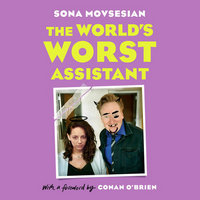 The World’s Worst Assistant
The World’s Worst Assistant
DETAILS: Publisher: Penguin Audio Publication Date: July 19, 2022 Format: Unabridged Audiobook Length: 5 hrs., 25 min. Read Date: October 11-12, 2022
(the official blurb)
Sona Movsesian has been Conan O’Brien’s assistant for years–his friend, too. Listening to the two of them on his podcast, you can hear the affection–and get caught up in their odd communal humor. I’ve also listened to enough of her that it feels strange to refer to her as anything but Sona.
The book gives a brief biography of Movsesian before moving into her time working various low-level jobs in television before getting hired by O’Brien as he started to move his show and family to California to take over The Tonight Show. We get a look at some of what happened to him there and then what they did afterward–both professionally and personally.
Essentially, this is a book about Movsesian and her good friend and boss–how much fun they have together, some of the amazing things she’s gotten to do, and the people she’s gotten to meet because of their jobs.
You start off listening to this book (I imagine), because of her boss and wanting to hear what it’s like to work with him–even if you’re the worst assistant in the world (how do you keep the job in that case?). You end up listening to the whole thing because you can’t help but like Movsesian and want to hear her tell stories about her life and laugh along with her.

![]()
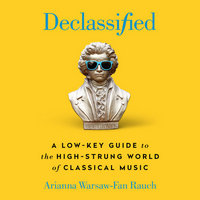 Declassified:
Declassified:
A Low-Key Guide to
the High-Strung World
of Classical Music
DETAILS: Publisher: Penguin Audio Publication Date: October 11, 2022 Format: Unabridged Audiobook Length: 6 hrs., 48 min. Read Date: October 14-18, 2022
(the official blurb)
This would be tough to describe even if I was doing a full post, not just a quick take. I had a lot of fun with Warsaw-Fan Rauch’s book.
The behind-the-scenes bits about classical music, orchestra, and the education/training involved for today’s performers was great to hear. The jokes, snippy bits, and history of classical music, composers, and various instruments (and those that play them) were a special kind of geeky fun that I appreciated (not as much as someone who’s seriously played and/or studied, I’m sure, but enough for me).
The personal material didn’t do much for me–I don’t know her enough for that to have mattered (and didn’t get enough reason throughout the book). But it’s easy to get over that and focus on the highlights.
This was a pleasant time (and a little educational, too). Give it a listen.

![]()
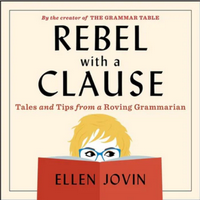 Rebel with a Clause:
Rebel with a Clause:
Tales and Tips from
a Roving Grammarian
by Ellin Jovin
DETAILS: Publisher: HarperCollins Publishers Publication Date: July 19, 2022 Format: Unabridged Audiobook Length: 7 hrs., 38 min. Read Date: October 18-19, 2022
(the official blurb)
Um…this isn’t as clever as it thinks it is. Maybe, maybe, if I knew who Jovin was before starting this book, I might have a different take. It feels like such a bunch of inside jokes–the kind of stories that fans of someone well-established might relish, but new readers wouldn’t. On the whole, it wasn’t about her points about grammar or language usage (see Dreyer or Favilla for a couple of examples of how to do this), that drove the narrative and humor of the book. It was harder to define, it was more how odd people thought it was that she was traveling around the country giving her opinions on the sidewalk or finding people who cared enough to discuss it.
While picking up the anecdotes for this book, Jovin and her husband were making a movie about her grammar table. That movie might be more entertaining to watch, and I plan on doing that someday. I think it might work better as such–sort of a “man on the street” kind of thing that can work well (see countless talk shows and Youtube series for proof). But this was just dissatisfying.
(also, I wasn’t crazy about the narration)


This post contains affiliate links. If you purchase from any of them, I will get a small commission at no additional cost to you. As always, opinions are my own.
![]()


